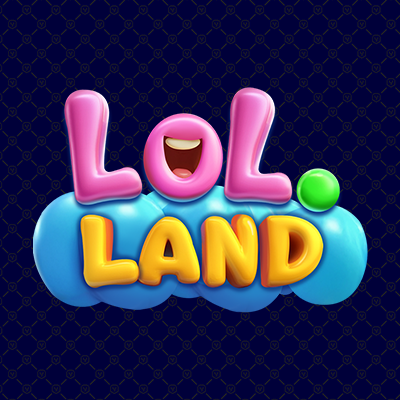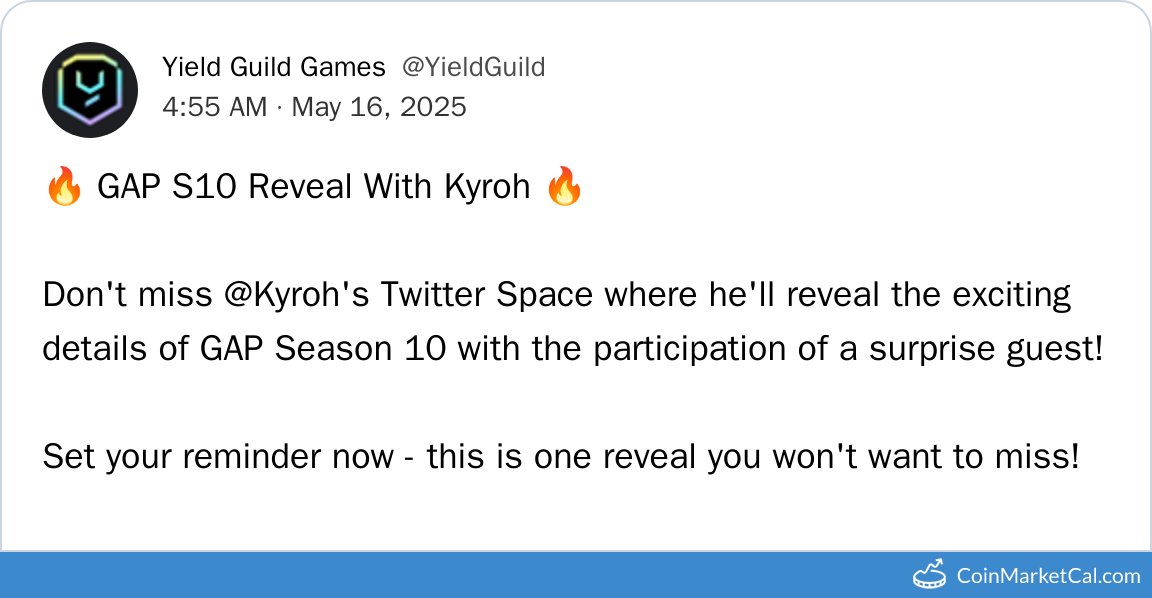
Prezzo di Yield Guild Games

Disclaimer
Informazioni sul mercato di Yield Guild Games
Capitalizzazione di mercato = Offerta circolante x Ultimo prezzo

Feed di Yield Guild Games








Calcolatore YGG


Prestazioni prezzo Yield Guild Games in USD
Conversioni di Yield Guild Games popolari
| 1 YGG in USD | 0,20750 $ |
| 1 YGG in EUR | 0,18590 € |
| 1 YGG in PHP | 11,5792 ₱ |
| 1 YGG in IDR | 3.422,40 Rp |
| 1 YGG in GBP | 0,15621 £ |
| 1 YGG in CAD | 0,28989 $ |
| 1 YGG in AED | 0,76215 AED |
| 1 YGG in VND | 5.378,43 ₫ |
Informazioni su Yield Guild Games (YGG)
- Sito web ufficiale
- White paper
- Block explorer
Domande frequenti relative al prezzo di Yield Guild Games
I giocatori che fanno parte della gilda di Yield Guild Games beneficiano dell'accesso a preziose risorse di gioco senza la necessità di un grande pagamento anticipato. Possono guadagnare ricompense di gioco e profitti dalle risorse che utilizzano, creando una situazione vantaggiosa sia per Yield Guild Games che per i suoi membri. Inoltre, YGG si espande continuamente in nuovi mercati di gioco e sviluppa prodotti e servizi innovativi per aiutare i giocatori a guadagnare ancora di più. Tra gli esempi vi sono le piattaforme di coltivazione dei rendimenti e gli strumenti di gestione dei guilds.
I giocatori possono partecipare a Yield Guild Games diventando membri della sua rete di SubDAO, prestando i loro NFT per consentire ad altri giocatori di accedere ai giochi P2E (play-to-earn) e guadagnare ricompense. Mettendo in comune risorse e conoscenze, Yield Guild Games offre ai giocatori l'opportunità di generare reddito e partecipare alla crescente economia del metaverso, creando nuove vie per l'emancipazione economica e l'inclusione finanziaria.
È possibile acquistare facilmente i token YGG sulla piattaforma di criptovalute OKX. Le coppie di scambio disponibili nel terminale di scambio di denaro OKX sono le seguenti YGG/USDT e YGG/USDC.
È inoltre possibile acquistare YGG con più di 99 valute fiat selezionando il pulsante "Compra Express". Altri token crypto popolari, come ad esempio Bitcoin (BTC), Ethereum (ETH), Tether (USDT), et USD Coin (USDC), sono anche disponibili.
Inoltre, è possibile scambiare le criptovalute esistenti, tra cui XRP (XRP), Cardano (ADA), Solana (SOL), e Chainlink (LINK), per YGG con zero commissioni e senza slittamento di prezzo usando OKX Convert.
Per consultare i prezzi di conversione stimati in tempo reale tra le valute fiat, come USD, EUR, GBP e altre, in YGG, visitare la pagina OKX Crypto Converter Calculator. Lo scambio di criptovalute altamente liquido di OKX garantisce i migliori prezzi per i vostri acquisti di criptovalute.
Informativa ESG
Calcolatore YGG















